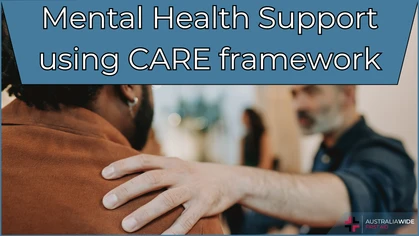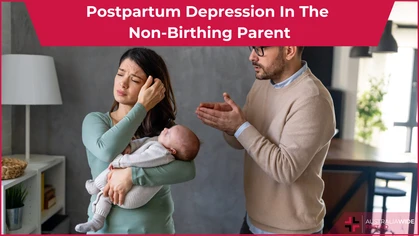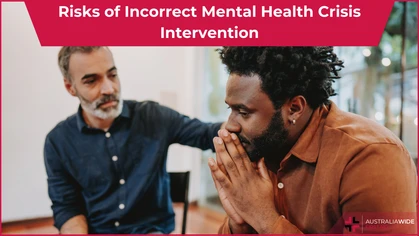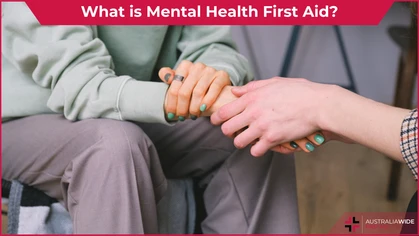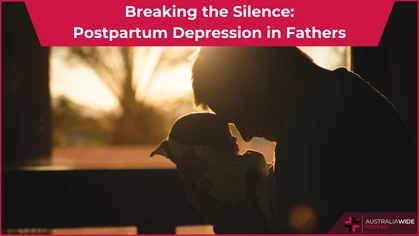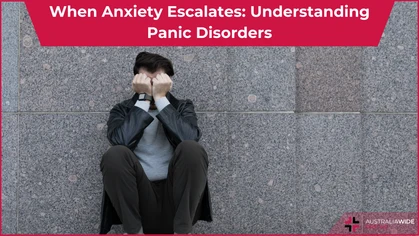How to Beat Work Burnout and Strike a Better Work-Life Balance

Mental Health
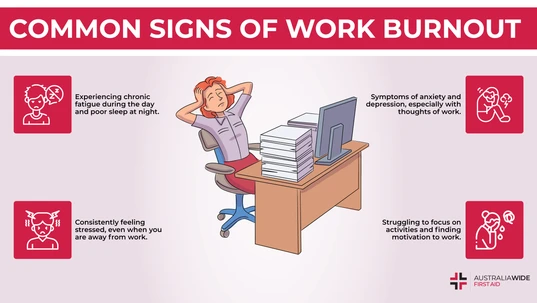
Work burnout is a condition in which a person struggles to manage daily activities due to a prolonged period of excessive workload and mental strain. Without management, work burnout can lead to severe physical and mental complications.
Have you ever wondered about how to strike a better work-life balance? Striking a good work-life balance can seem challenging, especially with more and more of us working ever harder to make ends meet and keep up with expectations. However, this shouldn’t be something that leaves you feeling burned out and run down, which is why we have outlined some of the key things you need to know on how to beat work burnout as follows. Hopefully, this will help you find that happy medium with a good work-life balance.What is Work Burnout?
Before we go further, we should first start by defining what work burnout is. Work burnout is a condition that arises after working yourself excessively hard, placing a great deal of mental (and potentially physical) strain on your body. Work burnout makes managing your day-to-day activities and your work life substantially more difficult.What are the Common Signs You’re Experiencing Work Burnout?
Some of the most common signs that you are experiencing work burnout may include:- Getting a poor-quality night’s sleep and experiencing fatigue during the day
- Continually feeling on edge and stressed, even when you are away from work
- Struggling to focus on activities and finding it hard to motivate yourself to work
- Experiencing symptoms of anxiety and depression, especially with thoughts of work
- Not getting time to yourself or spending free time worrying about your job
What are the Complications of Work Burnout?
A mild case of work burnout likely won’t do too much long-term or severe harm if addressed quickly. However, the complications of work burnout can become more severe over a longer duration of time. Some of the most common complications of work burnout can include insomnia, high blood pressure, heart disease, type two diabetes, and a weakened immune system. Furthermore, it’s worth considering that work burnout may increase your risks of turning to unhealthy alcohol consumption habits to overcome the stress, which can give rise to numerous complications in its own right.How to Prevent and Overcome Work Burnout to Strike a Better Work-Life Balance
The complications and side effects of work burnout can obviously be severe, which is why it’s important to prevent and overcome it. However, preventing work burnout and striking a better work-life balance is absolutely possible with a few simple lifestyle changes. But, if you find that the following don’t necessarily fix your situation, you may need to consider making a larger lifestyle change. These might include returning to the office to get back to a normal routine or switching to a more manageable job.1. Make a Plan
One of the most crucial things you should do to begin managing your burnout is to focus on a daily basis and make a plan. Outlining the basic requirements you need to complete for that day is a good way to help you structure your day, giving you something to work towards as well. In turn, this may make it easier for you to focus on the tasks at hand.2. Seek Extensions
If you’re feeling overburdened with your work, considering the different tasks you have and prioritizing the most important is a vital step to take. Then, for jobs that are less pressing, it’s worth considering whether you might be able to get a short extension on these and how an extension may impact your following day’s work too.3. Ask for Help
We’re all just human, and there’s only so much we can do alone. With this thought in mind, if you are completely swamped by work and can’t see a way to juggle your time to get back on top of it, asking your colleagues and coworkers for help can go a long way. Even help with ten minutes’ worth of work can add up to an hour or so saved over the course of the week; every little change can make a big difference to your workload.4. Lead a Healthier Lifestyle
Did you know that leading a healthy lifestyle is an effective way to start combatting your burnout? Not only can this help you feel more positive about yourself and your lifestyle, but it’s also highly effective for boosting your mood. A common complication with work burnout is suffering from depression and a low mood; however, taking steps toward a healthier lifestyle are well known ways to combat this. Furthermore, incorporating gentle exercise into your routines – such as going for a walk, bike ride, or gentle jog – can release endorphins, which are highly effective for boosting your mood and helping you feel more optimistic accordingly.5. Practise Mindfulness When You Feel Stressed
If you notice that you’re starting to feel stressed or overwhelmed, trying to fight through it will likely only leave you feeling worse. Instead, take a moment to stop, breathe, and practise some basic mindfulness until you begin to feel on track and at peace again. Stopping the stress as soon as possible is far more effective than trying to push through it and getting overwhelmed. If you need to take a few minutes out to do this in private, it’s worth it; even just taking a breather in the toilets or locker room could help.6. Make Time for You
As part of tackling your burnout, making time for yourself is an absolutely vital step. Not only can this give you the chance to relax from the rigors of a long and stressful day, but it also gives you something to work towards during the day. In doing so, making time for you allows you to work more productively overall, which can allow you to optimize your working time – reducing the workload you’ll have to face the next day.Final Thoughts
If you think that you and your friends, family members, or colleagues may have been suffering from work burnout, getting back to a good work-life balance is crucial. Luckily, this doesn’t have to be an impossible goal with a few simple lifestyle changes. However, in the meantime, ensuring you know how to treat the potential complications of burnout is vitally important. And attending one of our first aid courses is the perfect way to find the knowledge you need to keep everyone safe during these stressful times.
Originally published at
https://www.australiawidefirstaid.com.au/resources/how-to-beat-work-burnout
as part of the Australia Wide First Aid Articles Library

